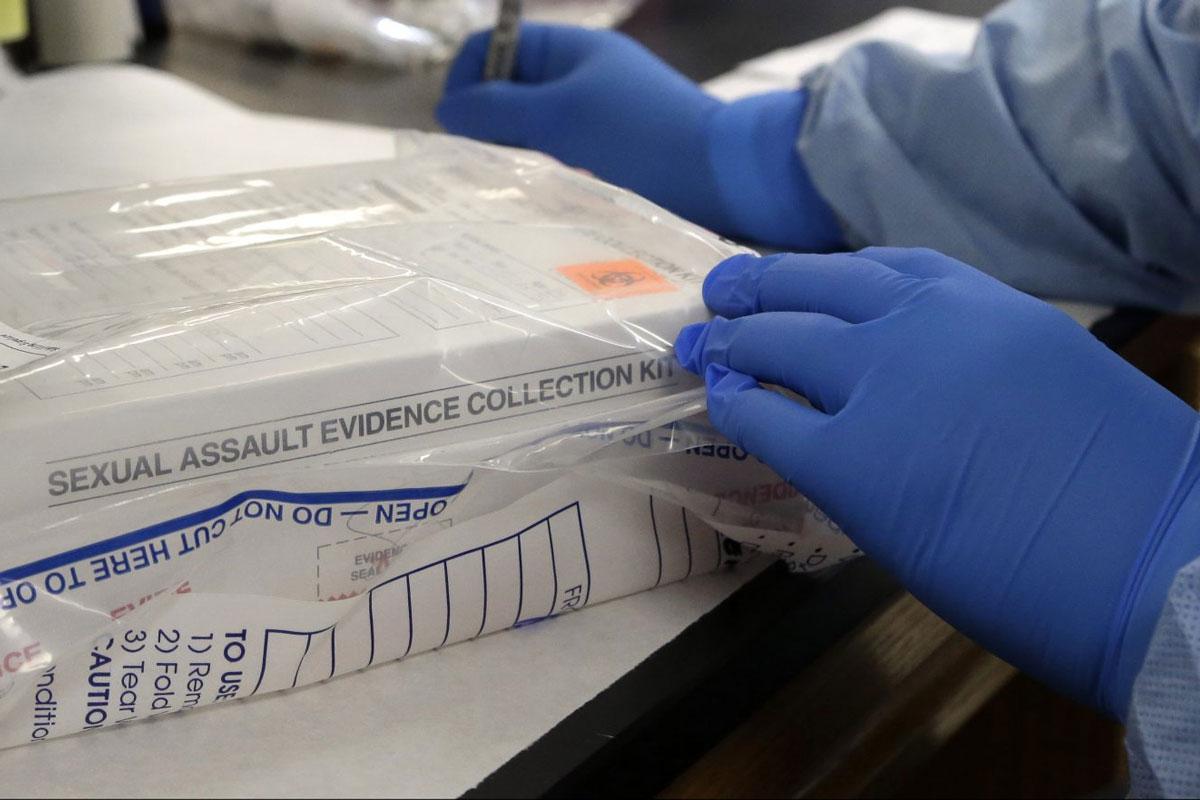 SPRINGFIELD — Illinois could soon join a growing list of states that have banned the sale of at-home sexual assault evidence collection kits — which experts say raise concerns about reliability and privacy — thanks to legislation from State Senator Suzy Glowiak Hilton.
SPRINGFIELD — Illinois could soon join a growing list of states that have banned the sale of at-home sexual assault evidence collection kits — which experts say raise concerns about reliability and privacy — thanks to legislation from State Senator Suzy Glowiak Hilton.
“At-home kits are marketed with the misleading claim that evidence can be collected at home, only for survivors to find out the results aren’t admissible in court,” said Glowiak Hilton (D-Western Springs). “These products may seem like a discreet option, but they fall short in terms of validity and the trauma-informed support a medical professional provides.”
At-home sexual assault evidence collection kits are marketed online as an alternative to medical forensic exams, but they lack the oversight and expertise needed for reliable evidence collection. In Illinois, professional exams not only address physical trauma but offer emotional support, with a trained crisis advocate explaining the survivor’s rights and options. Sexual Assault Nurse Examiners conduct the exams, collect evidence according to established protocols and can testify in court if necessary.
The Illinois Attorney General has raised concerns that these at-home kits are unreliable and unlikely to hold up in criminal court proceedings due to issues with evidence handling. To address these risks, House Bill 2548 would make it illegal for anyone other than a medical professional to sell, advertise or distribute sexual assault evidence collection kits. Under Glowiak Hilton’s bill, survivors who are misled into purchasing a kit could seek compensation for any harm caused by false claims about the kit’s effectiveness in pursuing criminal charges.
“In Illinois, medical forensic exams are free and administered by trained professionals who can connect survivors with additional screenings and resources,” said Glowiak Hilton. “We need to put an end to companies profiting off of someone else’s trauma.”
House Bill 2548 passed the Senate on May 22.




